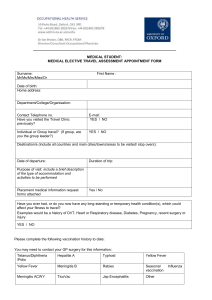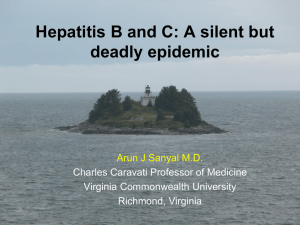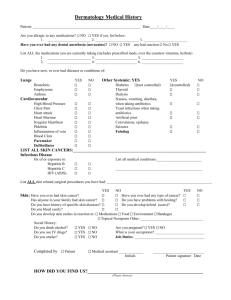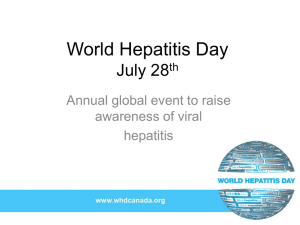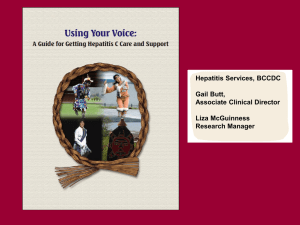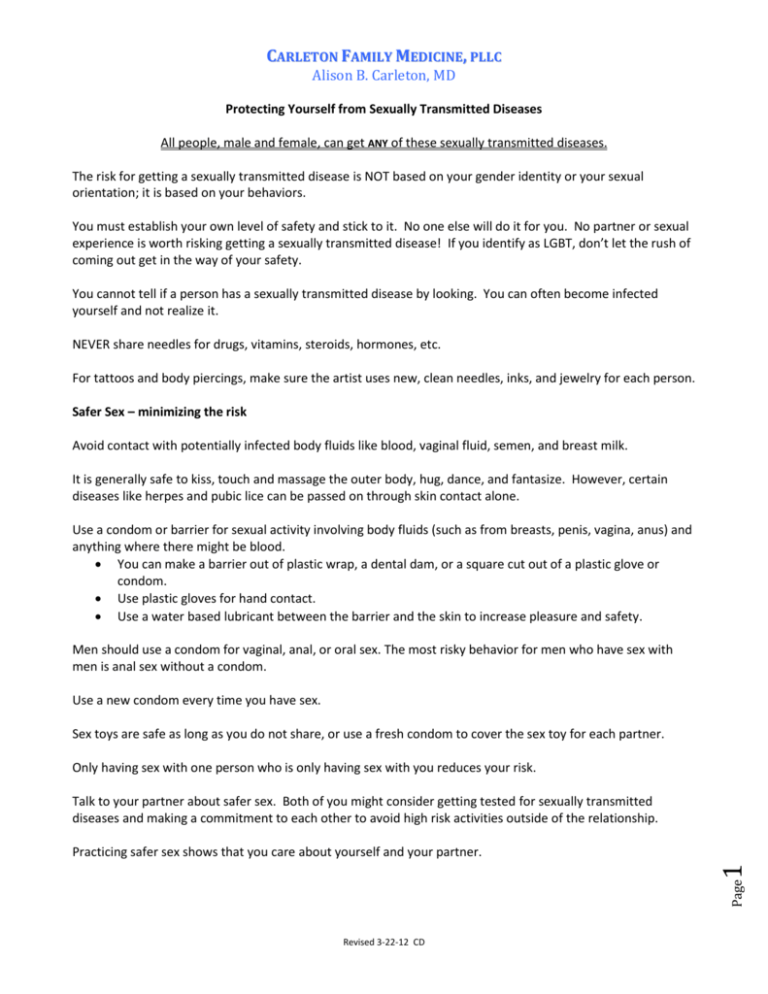
CARLETON FAMILY MEDICINE, PLLC
Alison B. Carleton, MD
Protecting Yourself from Sexually Transmitted Diseases
All people, male and female, can get ANY of these sexually transmitted diseases.
The risk for getting a sexually transmitted disease is NOT based on your gender identity or your sexual
orientation; it is based on your behaviors.
You must establish your own level of safety and stick to it. No one else will do it for you. No partner or sexual
experience is worth risking getting a sexually transmitted disease! If you identify as LGBT, don’t let the rush of
coming out get in the way of your safety.
You cannot tell if a person has a sexually transmitted disease by looking. You can often become infected
yourself and not realize it.
NEVER share needles for drugs, vitamins, steroids, hormones, etc.
For tattoos and body piercings, make sure the artist uses new, clean needles, inks, and jewelry for each person.
Safer Sex – minimizing the risk
Avoid contact with potentially infected body fluids like blood, vaginal fluid, semen, and breast milk.
It is generally safe to kiss, touch and massage the outer body, hug, dance, and fantasize. However, certain
diseases like herpes and pubic lice can be passed on through skin contact alone.
Use a condom or barrier for sexual activity involving body fluids (such as from breasts, penis, vagina, anus) and
anything where there might be blood.
You can make a barrier out of plastic wrap, a dental dam, or a square cut out of a plastic glove or
condom.
Use plastic gloves for hand contact.
Use a water based lubricant between the barrier and the skin to increase pleasure and safety.
Men should use a condom for vaginal, anal, or oral sex. The most risky behavior for men who have sex with
men is anal sex without a condom.
Use a new condom every time you have sex.
Sex toys are safe as long as you do not share, or use a fresh condom to cover the sex toy for each partner.
Only having sex with one person who is only having sex with you reduces your risk.
Talk to your partner about safer sex. Both of you might consider getting tested for sexually transmitted
diseases and making a commitment to each other to avoid high risk activities outside of the relationship.
Page
1
Practicing safer sex shows that you care about yourself and your partner.
Revised 3-22-12 CD
CARLETON FAMILY MEDICINE, PLLC
Alison B. Carleton, MD
Donor Insemination
Because some sexually transmitted diseases can be passed through semen, insemination has some risk. Use a
licensed sperm bank and make sure they carefully screen their donors. If you know your donor, talk about
screening for sexually transmitted diseases ahead of time.
HIV, Hepatitis B and Hepatitis C
HIV, Hepatitis B, and Hepatitis C are viral infections.
They are all passed on through blood (including menstrual blood), vaginal fluid, breast milk or semen
entering your body.
You can get HIV, Hepatitis B and Hepatitis C by:
o Having sex with a man or a woman who has one of these viruses
o Sharing needles (for drugs, vitamins, steroids, hormones, tattoos, or body piercing) with
someone who has one of these viruses
o Having sex with a man or a woman who shares needles
It is even easier to get HIV, Hepatitis B and Hepatitis C if you already have another sexually transmitted
disease like Herpes or Chlamydia.
It is easier to pass on HIV, Hepatitis B and Hepatitis C if you or your partner has sores or cuts on the
mouth or genitals.
“Rough Sex” (like fisting or BDSM activities) is risky if it leads to bleeding, cuts, or breaks in the lining of
the vagina or anus.
Hepatitis is much more highly contagious than HIV.
Hepatitis can cause long term damage to the liver.
There is a vaccine for Hepatitis B, but there is NO vaccine for Hepatitis C.
There is no cure for HIV or for Hepatitis B or C, however you can be tested and there are treatments
that may help reduce their severity.
Herpes
This is a viral infection.
It can cause painful sores on the genitals and/or anus and also on the mouth.
It is passed on through contact with the sores.
It is possible to carry this virus with no symptoms at all and still pass it on to a partner.
There is no cure for Herpes, but you can be tested and there are medicines to make it less painful and
to make the sores occur less frequently.
These warts are caused by viruses. One virus that causes genital warts is Human Papiloma Virus (HPV).
The warts are painless bumps on the genitals and/or anus. They can also occur inside a woman’s
vagina.
The virus is passed on through contact with the warts.
Most of the time, warts on the hands will not cause warts on the genitals.
There is a vaccine for 4 of the 13 strains of HPV.
Some strains of HPV cause cervical cancer.
There is no cure for genital warts, but they can be treated and removed as they appear.
Revised 3-22-12 CD
Page
2
Genital Warts
CARLETON FAMILY MEDICINE, PLLC
Alison B. Carleton, MD
Trichomonas vaginalis (TV)
This parasite causes a frothy, itchy vaginal discharge in women.
Trich is passed on through genital contact.
Trich can be cured with an antibiotic.
Chlamydia and Gonorrhea
These are bacterial infections.
They are passed on through genital contact.
There may be no symptoms or there may be vaginal discharge or pelvic pain.
There is a risk of infertility in untreated women.
You can be tested for Chlamydia and Gonorrhea and they can be cured with an antibiotic.
Syphilis
This is also a bacterial infection.
It is highly contagious.
It causes painless ulcers which might be only barely noticeable to a partner.
Untreated Syphilis can cause dementia and other significant problems.
You can be tested for Syphilis and it can be cured with an antibiotic.
Bacterial vaginosis (BV)
This is an overgrowth of vaginal bacteria.
It often causes a smelly discharge.
You can be tested for BV and it can be cured with an antibiotic.
Thrush
This is an overgrowth of yeast around the genitals.
It often causes a white vaginal discharge.
It can alsocause itching and soreness.
You can be tested for Thrush and it can be cured with anti-fungal medicines.
Pubic Lice (“crabs”)
This is a parasite that clings to body hair.
It causes itching and sometimes blood spots from bites.
It is passed on through simple contact with the skin.
Public Lice can be cured with an all-over body cream.
Revised 3-22-12 CD
Page
CDC Information
Hotline: 1-800-232-4636 (1-800-CDC-INFO) or 1-888-232-6348 (TTY)
Online at www.cdc.gov
3
Additional Information


